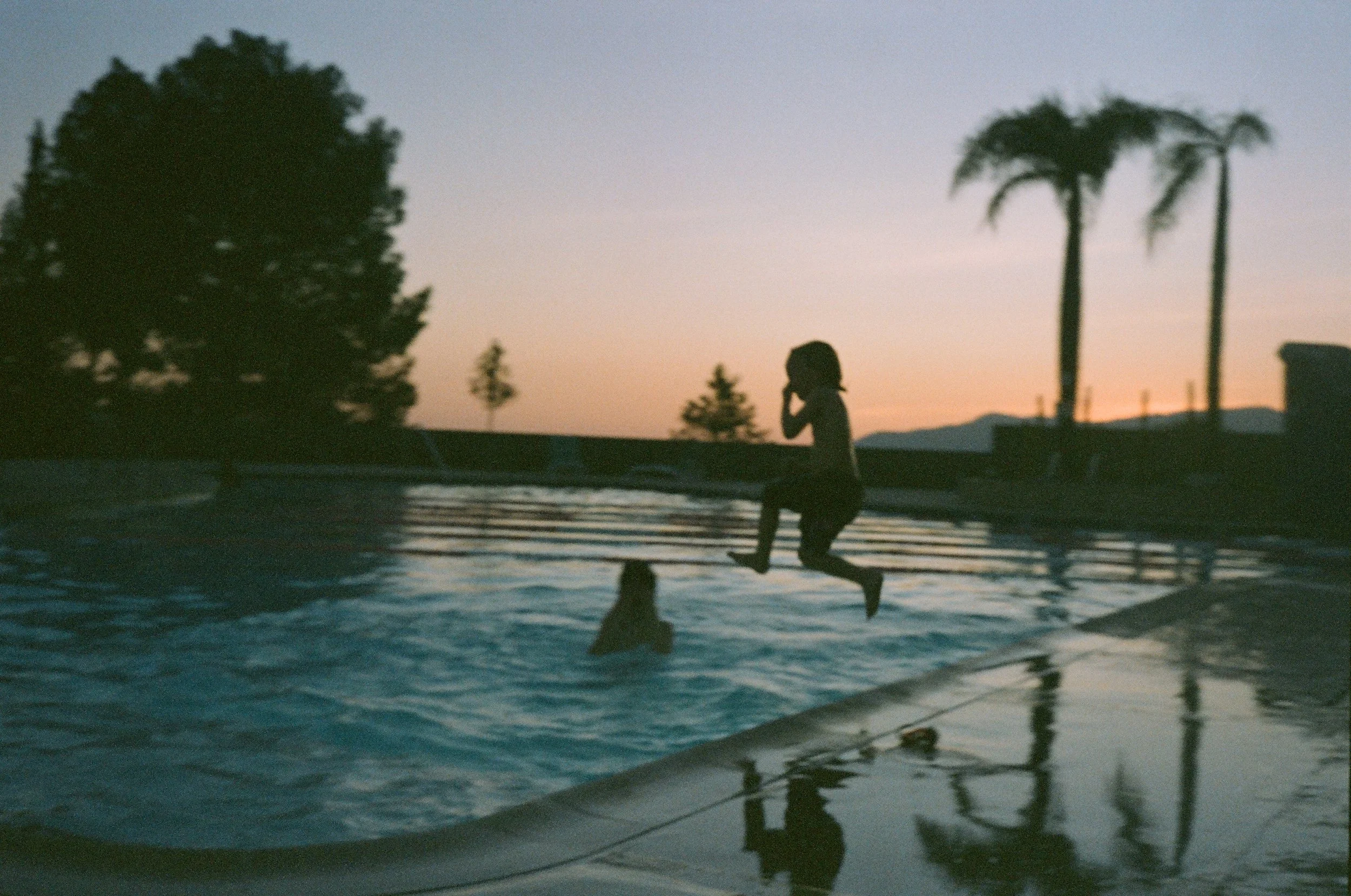Director’s Note
“No sooner had the warm liquid mixed with the crumbs touched my palate than a shudder ran through me and I stopped, intent upon the extraordinary thing that was happening to me. An exquisite pleasure had invaded my senses, something isolated, detached, with no suggestion of its origin. “
- Proust, In Search of Lost Time
This story was inspired by my own children’s “to-do” lists—full of experience-based (and sometimes wildly absurd) tasks like “make a house for my pet beetles” or “ride pegasus, maybe.” Their lists reminded me to seek out playfulness, embrace imperfection, and quit measuring my worth by external validation. Adults are pros at chasing approval and success, but we often forget how good it feels to simply do something for the joy of it. As a director, I’ve wrestled with this—that endless tug-of-war between wanting recognition and surrendering to the thrill of making something. Motherhood, though, has been my reset button. My kids, with their uninhibited creativity, are like little alarms going off, reminding me to get back to my own inner child. Sure, it’s chaotic and sometimes relentless, but it’s also beautiful. Life’s just better when we let curiosity take the lead.
For as long as she can remember, our protagonist Anaïs has chased one thing—perfection. Every dish, every detail, every moment in her kitchen is meticulously crafted in pursuit of a Michelin star. But in the process, she’s lost sight of what lit her up to begin with: the simple, unfiltered joy of cooking. It’s only when her inner child appears—playful, curious, and wide-eyed—that she remembers why she ever stepped into a kitchen in the first place.
I chose to tell this story through the world of a chef because food is personal for me. Cooking has this sneaky way of stirring up memory, nurturing connection, and weaving together identities. Growing up between two cultures, French and American, I always found my way back to myself in the kitchen. There’s something grounding in chopping, stirring, tasting—it’s a way to celebrate my roots and make something uniquely mine. Anaïs’ journey reflects that. She rediscovers her love for cooking by letting go of perfection and remembering the sheer fun of it.
Bretagne, France, where I grew up, was the only place I could imagine for this story. The light there is dreamy, the kind that shifts like memories. The landscapes are wild and raw, a perfect reflection of Anaïs’ emotional unraveling as she peels back the layers of herself.
And then, there’s the music. Inspired by Sofia Coppola’s Marie Antoinette, I want the soundtrack to bring that same rebellious authenticity. I love how Coppola uses music to make history feel alive and personal. In this film, the music will be vibrant, unexpected, and layered—mirroring Anaïs’ growing defiance against the rigid standards she once obeyed. Music has this beautiful way of marking liberation, joy, and even the messiness of self-discovery. It’s going to be the emotional pulse of the story.
Ultimately, this film is about honoring our authentic roots, no matter how strange or imperfect they may seem. There’s something liberating about embracing what makes us feel alive. And sometimes, the best way to grow is to play like a kid again.
